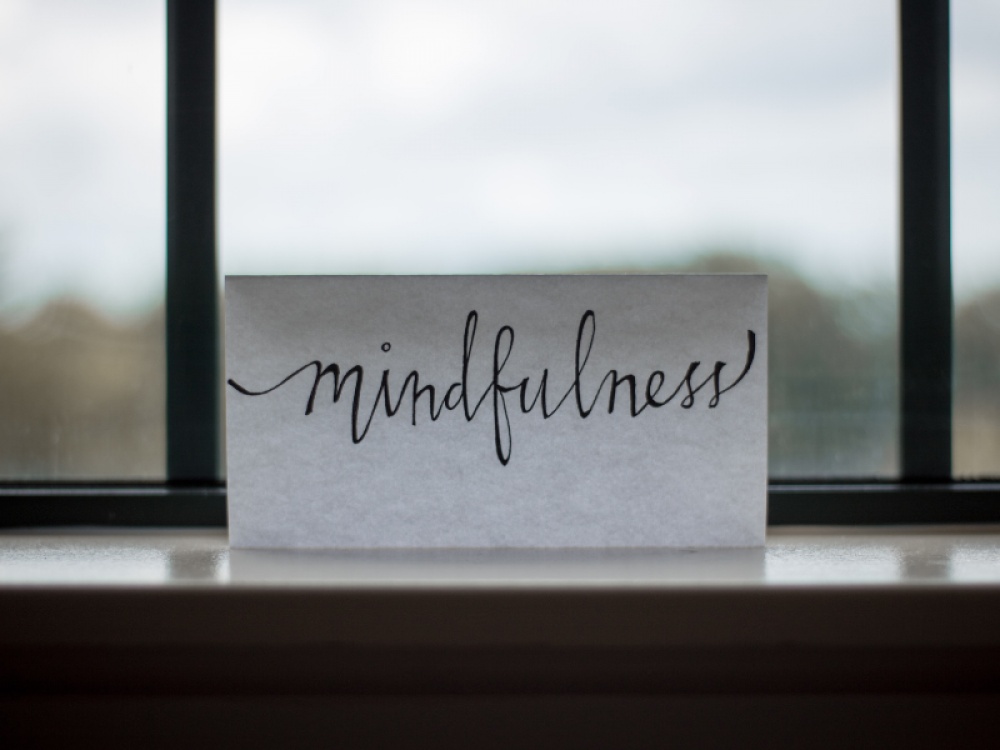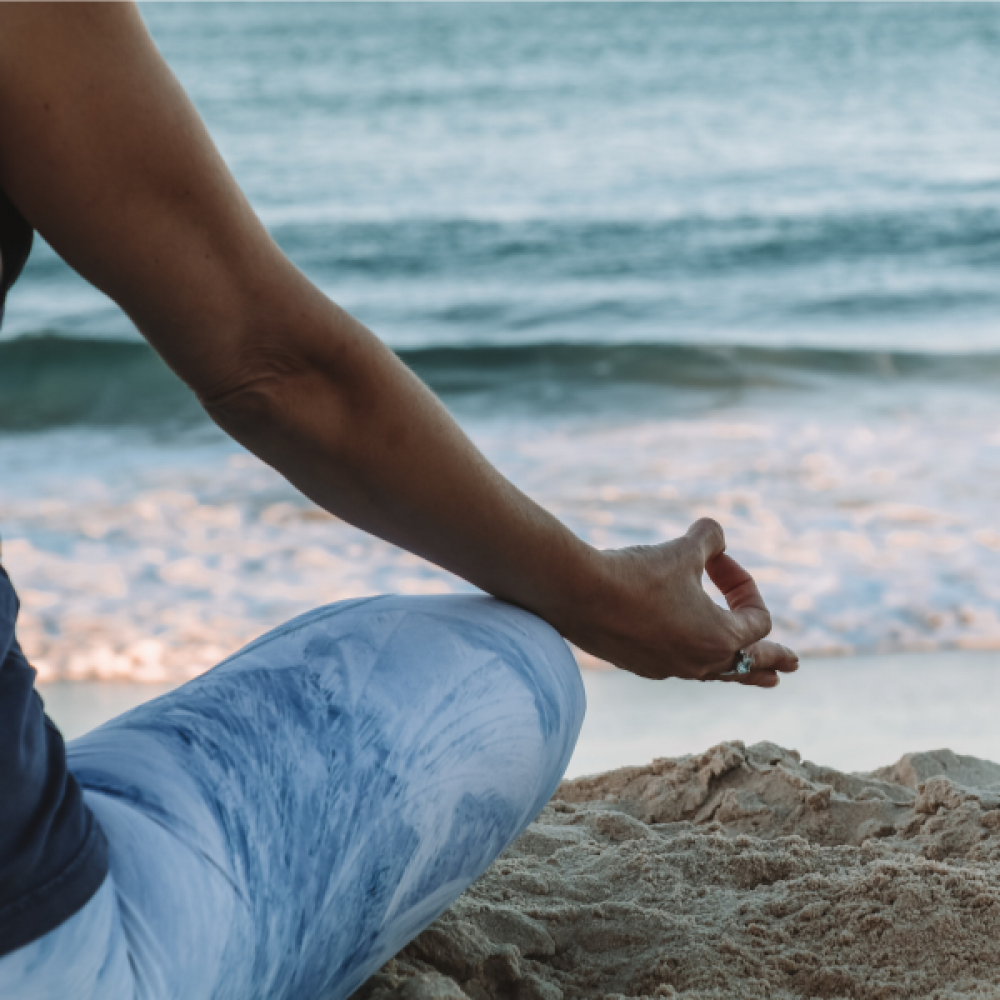The Mindfulspace Wellbeing Company Explain How Mindfulness and Meditation Can Improve Your Wellbeing

Yorkshire-based author, and founder of The Mindfulspace Wellbeing Company, Gail Donnan noticed the impact her one-to-one therapy programmes had helping her clients through anxiety, depression, panic, fatigue and burn out

Pause for Thoughts
You may often hear the phrase ‘being in the moment’ associated with mindfulness. This is the ability to be aware of your thoughts, physical sensations, emotion and behaviour. Mindfulness gives us time to come up with a wise response to the difficulties we often face in our lives. It teaches us to become aware of our urge to instantly react, so causing us to make a more considered and creative decision about the way we want to behave.
One major mindfulness technique encourages us to sit with our uncomfortable thoughts and feelings just a little longer than usual, to give a space between our automatic impulses, our jump to conclusions or auto-pilot reaction. As humans we tend to employ the same learnt emotional response when faced with certain situations. Mindfulness offers us the opportunity to pause and consider these actions. Regular repetition of mindfulness and meditation practices can help to re-program our brain, increasing our resilience and promoting feelings of happiness and purpose.
Read More: The Simple Tool to Help Reduce Stress
Increased Awareness
Most of our anxieties are rooted in the past. Living mindfully can change our relationship with previous experiences and remove habits and reactions that have been laid down in the neural pathways of our brain. Teaching us to observe our thoughts, including those unhelpful re-occurring ones, and allowing them to pass without reaction can bring added peace and calm to our busy lives.
Many of us have become addicted to being busy, perhaps because it gives us an excuse to bury difficult emotions. Don’t be fooled into thinking mindfulness eliminates stress, it simply makes us more aware. Mindfulness teaches that the solution is not to detach from our challenging emotions; it encourages us to engage gently with them in order to better manage the feelings and behaviours that they arouse.

Connect with the Physical
One of the main concepts of mindfulness is to remain in the present moment and be able to identify how you are feeling from moment to moment, whether it be happy, sad, fearful, angry, or some other emotion. Using our ability to connect with the physical – the feel of the pavement, the smell of the flowers or simply the touch of another’s hand, moves us out of our heads and into our bodies where we stop reacting from a fear perspective and hopefully learn not to take our thoughts so seriously.
Non Judgement
Mindfulness is also about non judgment and compassion for ourselves and others. Judging is a natural component of human nature and the need to judge usually stems from fear. These fears could perhaps arise because we feel inadequate or inferior, so we criticise and judge in order to help ourselves feel better. Judgement is a big energy drainer – the less judgmental we are the more open and loving we become.
Read More: Can You Be Stress Free?
Compassion
Compassion is being kind, having empathy, tolerance, an understanding of yourself and others. Self-compassion gives us a better emotional balance when we are stressed. Your attitude to yourself often impacts on your attitude towards others. Remind yourself that you are important and constantly tell yourself that you do not have to be perfect, but you are simply a work in progress, and that is good enough.
Gratitude
Gratitude is a simple way of bringing the focus of your life back to what is really important. If we experience the death of someone close or undertake the care of a loved one with a long-term illness, it makes us realise that not much else matters apart from our health and we can express gratitude for this. Gratitude teaches awareness and grounding, it celebrates all that we appreciate and brings us back to a much simpler existence where the minutiae of life is really not worth getting upset about.
• Try to give up the need to always be right and go a day without complaining or criticising
• Be confident in who you are, you don’t have to impress others
• Go outdoors and spend time exercising in nature
• Take a break from the need to control or blame others and avoid taking ownership of other people’s dramas
• Give up your limiting beliefs and self-defeating talk
• Embrace change rather than resist it, you never know where it will take you
• Give up living your life to other peoples’ expectations
• Do something creative
• Lessen your time on social media
• Have a rest for ten minutes without feeling guilty
• Listen to people without planning your reply or trying to solve their problems
• Keep a gratitude journal by your bed and fill it in every night before you go to sleep



